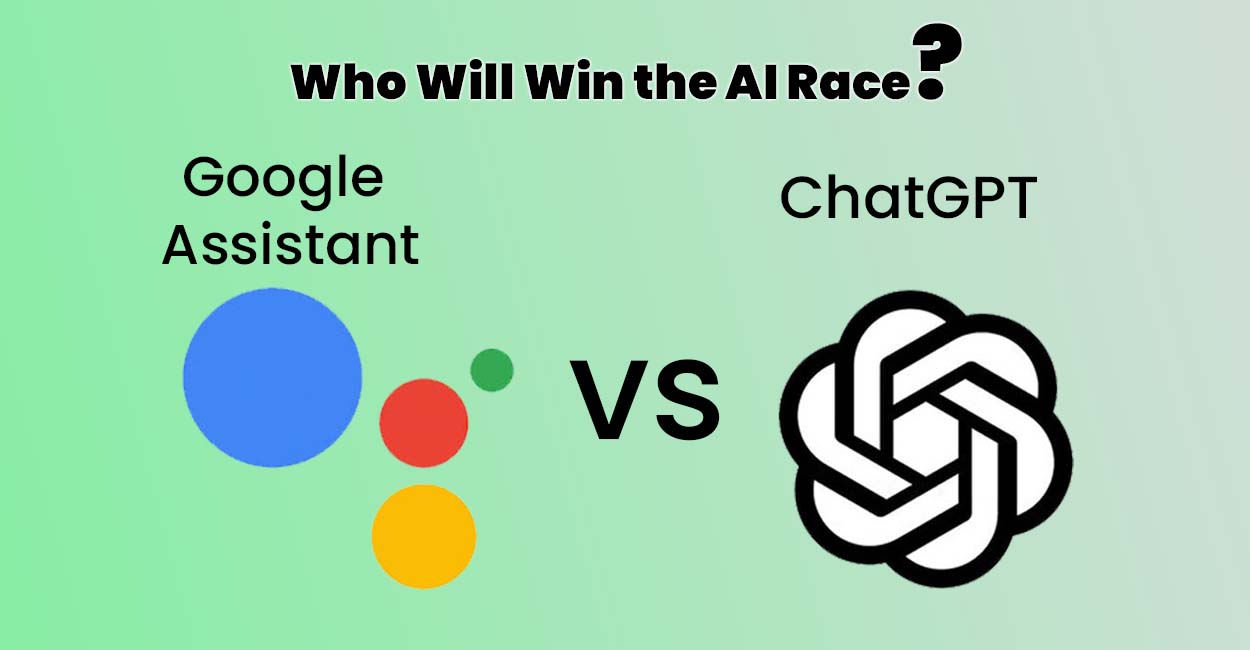
The emergence of generative AI applications, exemplified by OpenAI‘s ChatGPT and Microsoft’s Copilot, has ushered in a new era in AI technology. These advanced chatbots have outpaced traditional AI voice assistants like Siri and Google Assistant, rendering them seemingly obsolete. Capable of engaging in human-like conversations, responding to queries on diverse topics, and even retrieving real-time information from the internet, these generative AI applications have significantly raised the bar.
One noteworthy contender in this space is the ChatGPT app, available on both iOS and Android platforms. Its capabilities extend beyond those of the default assistants on smartphones, providing a more comprehensive and interactive user experience. As the functionality of ChatGPT evolves, it is poised to potentially replace Google Assistant on Android devices.
A recent report by Android Authority delves into the latest version of the ChatGPT Android app, unveiling intriguing possibilities. Within the code of ChatGPT version 1.2023.352, a new activity named ‘com.openai.voice.assistant.AssistantActivity’ has been identified. Although this activity remains disabled by default, users have the option to manually enable and launch it. Once activated, the AssistantActivity appears as an overlay on the device screen, featuring the same animation as the ChatGPT app’s voice chat mode. This overlay has the potential to allow users to interact with ChatGPT seamlessly across various screens.
However, it is essential to note that the assistant mode is a work in progress. The reported animation when launching the activity currently does not conclude, and the activity shuts down before interaction with the chatbot can take place. Additionally, the necessary code and metadata tags for the ChatGPT app to function as a “default digital assistant app” are only partially present, indicating that further development is required.
The impending AI assistant wars on mobile phones are set to intensify, with Google Assistant and Siri striving to keep pace with modern chatbots. ChatGPT, with its recent introduction of a voice chat feature for free users on Android and iOS, has demonstrated its potential as a voice assistant. However, the limitation for free users—lack of access to real-time web information—sets it apart from competitors like GPT-4 powered Bing and Microsoft’s Copilot.
While Android users await an easy gesture to access the ChatGPT app, iPhone 15 Pro users can seamlessly engage with the app using the dedicated Action Button. Google, not to be outdone, is developing Bard, its own generative AI chatbot, and has introduced Gemini, its most powerful AI model yet, challenging OpenAI’s GPT-4 model.
Apple, although perceived as lagging behind in the AI assistant race, is reportedly gearing up for a significant AI update with iOS 18. This anticipated update, set to power the upcoming iPhone 16, includes plans to enhance Siri with large language models (LLMs) and artificial intelligence-generated content (AIGC), positioning Apple to regain ground in the evolving landscape of AI assistants.


